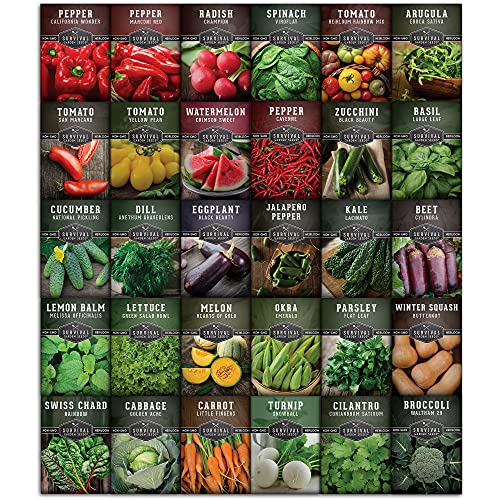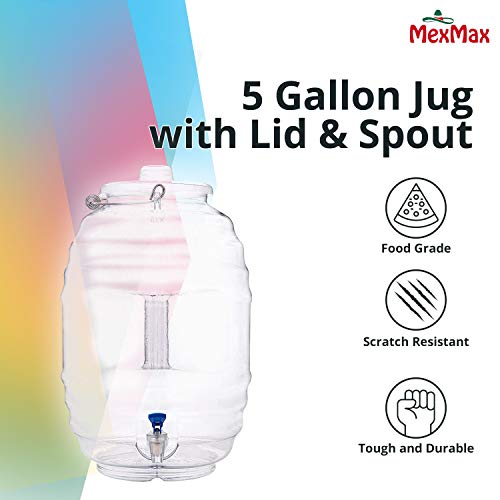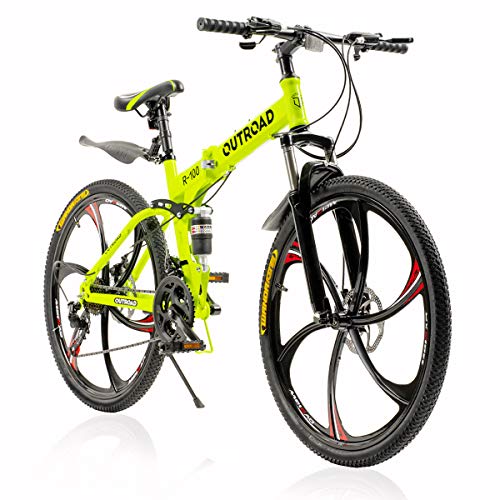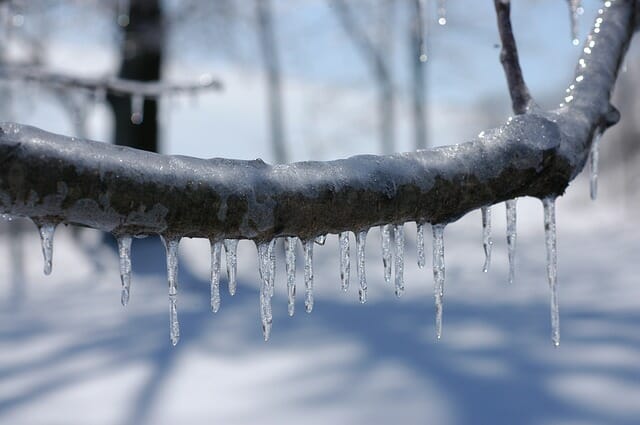In recent past months, the world has had to live with the effects of trying to contain the spread of the COVID-19 pandemic- and in the process, going through series of lockdowns. In the initial days of the virus outbreak, the world witnessed as people hoarded groceries from stores, creating shortages for others. This is not an ideal way to respond to such an unexpected situation. People need to plan ahead on a personal level- and this includes food and preparation for living off-grid if it comes to that.
Our grandparents survived tough times with less technology than we do, and therefore, we can also prepare to survive unexpected tough times. Below are some ancient ways borrowed from our grandparents' ways of living, that you can use to survive tough times:
Farming Your Own Food
Dining out and food delivery was rare during the 1920s. Gardening and farming was common. Folks grew everything from vegetables to fruit, and they ate well. They also had their own farm animals, so animal protein was available.
Purchase Vegetable Seeds for Your Garden Here
Years ago, husbands and sons plowed fields, planted, and harvested when the time came, while the wives and daughters would, clean and cook the food, and also can and bottle the food for preservation. Preserved fruit and vegetables would come in handy during the winter months, and also during hard survival times.
The quality of food for those living in cities was also better than that of city-dwellers these days. This is mostly because the food was consumed locally and regionally more than today, and organic farming was widely practiced. Local stores had more local and organic produce than now. The main difference with food quality in the city and the countryside was the diversity in dishes, which was a result of the small enclaves of various ethnicities.
Boiling Water to Make It Potable
Since many locations had no water utility, you had to make local water safe to drink on your own. Your grandparents likely knew how to filter sediment from water, then boil it to make it potable.
Purchase this 5-Gallon Jug for storing your boiled drinking water here
In those days, many rural people had to haul water from nearby creeks or rivers to their homes for bathing and drinking. You had to boil it before you could drink it. You typically tried to find a fresh water source, but in some cases, you would have to filter the salt out of seawater, then boil it to drink it.
Subsidence Fishing
They fished the same waters from which they hauled water. Fishing provided a meat all year by supplementing the farm animal meat. It provided added protein and could get a person through a year with bad crops or sickly cows.
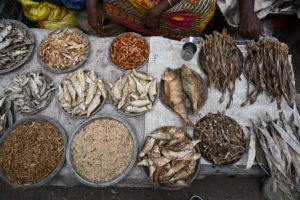
Even in areas where the freshwater sources froze, people would cut holes in the ice, so they could fish through them. Today, some consider ice fishing a sport. They also not only fished, but also stored that fish for later through smoking, salting, or sundrying.
Building a Cooking or Heating Fire
If you wanted to stay warm in winter, you had to build a fire that lasted long. You would build it in your fireplace or buck stove, then stoke it regularly so it did not go out. In very cold weather, the entire family might gather in the room to sleep in front of the fire. This could keep them from freezing during the night if the home had only one fireplace.
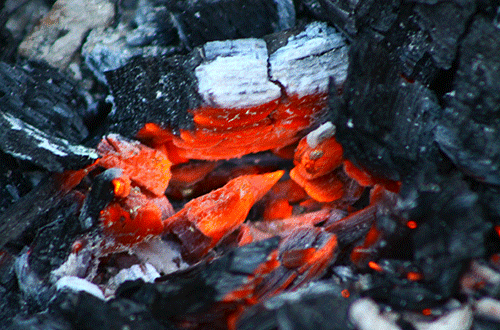
These fires also came in handy for cooking and grilling meals like sausages and thinly sliced meats.
Knowing Your Wood
Building a fire requires knowledge of wood. You must know your trees, so you know which trees make great firewood. Green wood won’t burn.
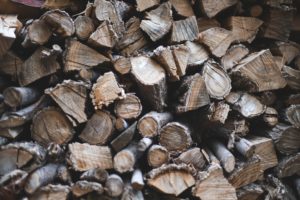
People then had extensive plant and tree knowledge. This helped if they became stranded because they could forage for food. You had to know which berries you can eat, and which prove toxic in humans.
Walking or Riding a Horse & Buggy Everywhere
With cars still a while from becoming ubiquitous, most people still walked everywhere or rode a horse and buggy. That differed from a horse-drawn carriage, the more formal horse-drawn transportation. If your parents had the horses in fields, drawing the plow, you walked. This was not only a more economical way of getting around but was also environmentally friendly.
Ride a Bicycle Everywhere and Save on Gas – BUY ONE HERE
Of course, there are fewer chances that one chooses to ride in a buggy or on a horse these days, but you can choose to ride a bicycle, skateboard, or rollerskate to run errands around your neighborhood, instead of driving a car everywhere.
You do not have to recycle the way your grandparents did since you can reuse everything, but in the 1970s, a movement spawned to “Reduce. Reuse. Recycle.” Cities and towns jumped on the bandwagon and implemented recycling programs for cardboard, glass bottles, aluminum cans, paper, and more.
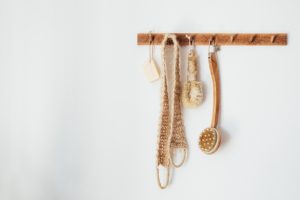
People had multiple bins for sorting it all with the notion that nothing should ever go into a waste dump again. This is a great practice that we should practice more for the sake of not only saving money by recycling and reusing but also for environmental sustainability.






